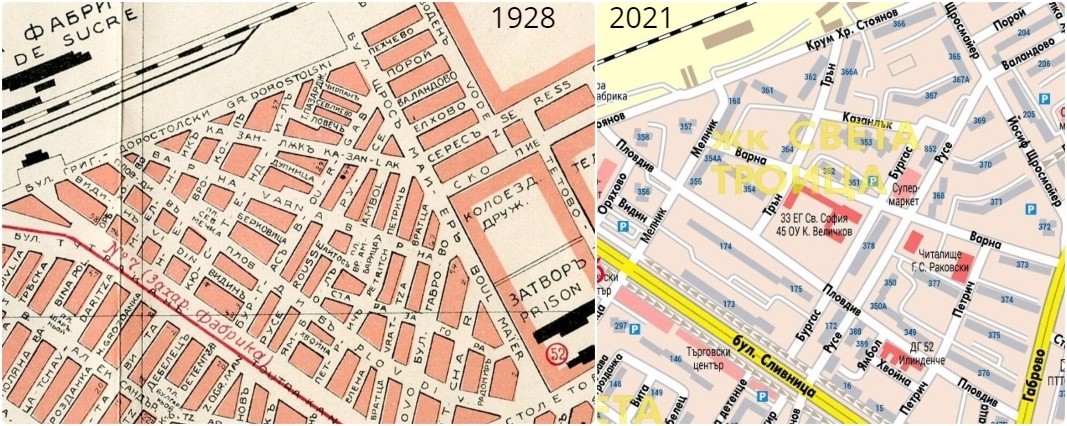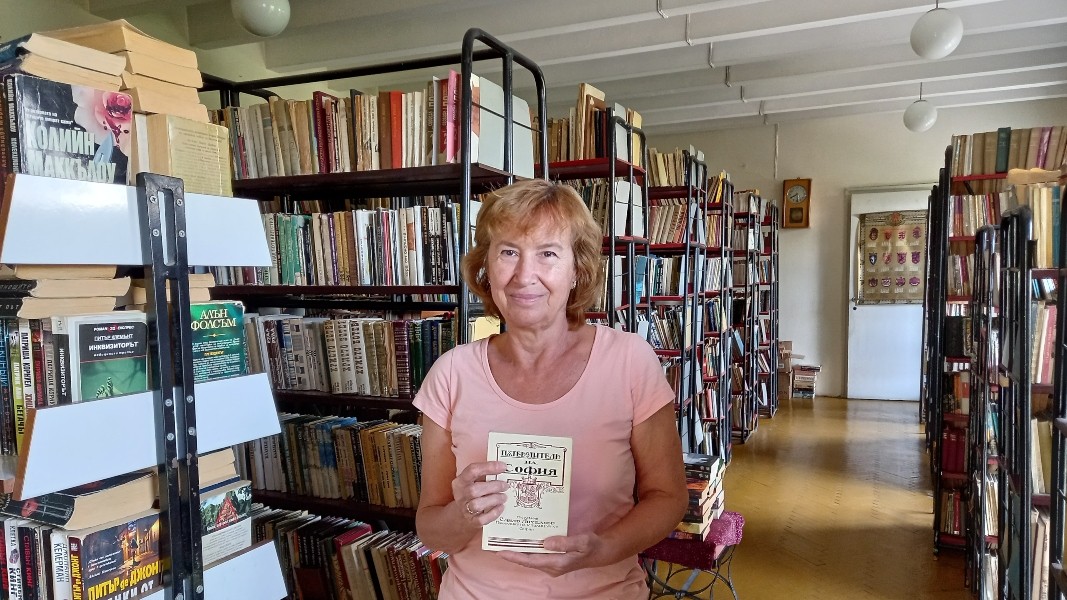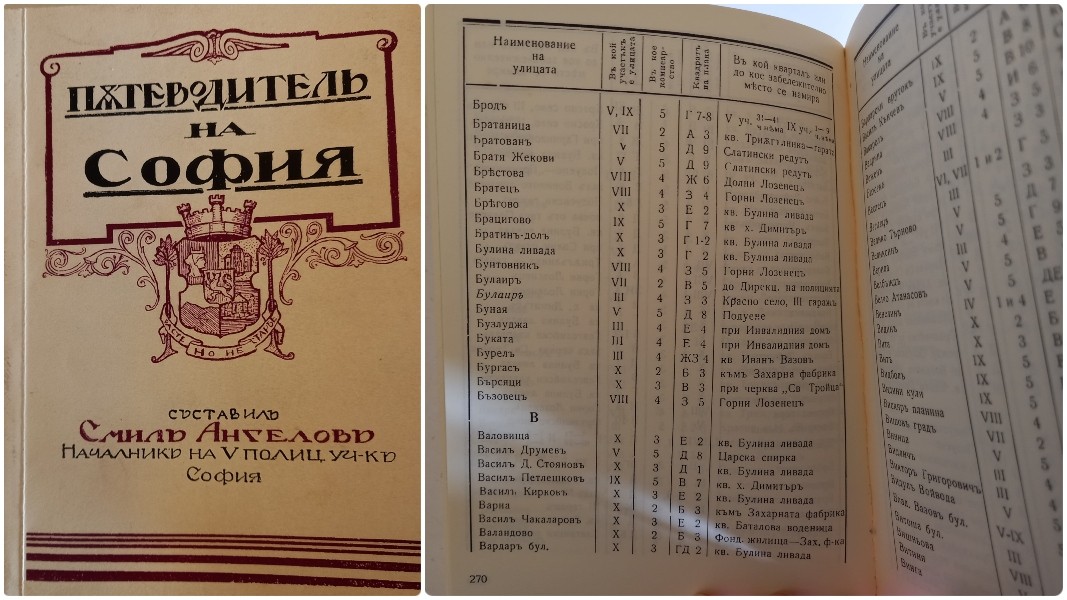On April 3, 1879, Sofia was declared the capital of Bulgaria. The holiday of the city, named after the "St. Sophia” church is on September 17, when the Orthodox Church celebrates the Day of The Holy Martyrs Saint Sophia and her Daughters Faith, Hope and Love. True to its motto “Raste, no ne staree” ("Ever Growing, Never Aging"), the Bulgarian capital has turned into a modern European city.
The period of expansion of the city in western direction in the early 20th twentieth century is interesting and attracts the attention of researchers. Escaping the horrors of the turbulent years between the Ilinden-Preobrazhenie Uprising and the signing of the Treaty of Neuilly (1903-1920), refugees from the regions of Macedonia, Edirne, the Western Outlands and Northern Thrace began to settle here.

In addition to them, the region also attracted economic migrants looking for livelihood in the big city. They came mainly from Radomir, Pernik and Kyustendil and settled close to the nearby railway station of “Zaharna Fabrika”(Sugar Factory). It is a curious fact that all the streets in the then-emerging quarter would later be named after various Bulgarian towns and cities.
Rubinka Mileva, librarian at the community center "Georgi Stoykov Rakovski - 1925" reveals interesting facts about life back then.

"People settled in this part of the neighborhood after 1918-1919. Initially, they started building primitive houses. They built a room with a roof for a day because the next day, when the municipal authorities came and the new building had no roof, it was demolished. After a small house was legalized, other rooms were added. Another way to stay was to have a baby or a pregnant woman in the house. People managed to build small houses with joint efforts, as relatives, brothers, and whole families moved."
Today, the streets with the names of Bulgarian cities are located in the residential quarter of “Sveta Troitsa” (Holy Trinity) and form an area with a trapezoidal shape. The preserved old maps of Sofia show that the streets with the names of Bulgarian towns and cities were 23, but today there are 13 left – Plovdiv, Vidin, Oryahovo, Melnik, Varna, Tran, Kazanlak, Burgas, Ruse, Yambol, Petrich, Vratsa and Hvoyna. Some streets have disappeared from the modern map - Dupnitsa, Elena, Radomir, Pazardzhik, Lovech, Chirpan, Sevlievo, Berkovitsa and Nevrokop, while Kyustendil Street was renamed Trun.
Additional information is provided by “Guide to Sofia” published back in 1935, in which the streets are arranged in alphabetical order and already have the names of cities and towns.

"In any case, the names of the streets are not connected with migrants from the specific town,” Rubinka Mileva says. “When I talked to the oldest residents of the neighborhood, they told me they had heard from their parents that before 1925 the streets did not have names, but just internal numbering. The names emerged for the first time in the Plan of Sofia in 1928. Apparently, a municipal decision was made to shape this new neighborhood, which used to be quite chaotic and constantly growing on the western outskirts of Sofia back then."

English: Alexander Markov
Photos: Desislava Semkovska and bgmaps.comThe town of Elena, Veliko Tarnovo region, will welcome thousands of guests for the Feast of the Elena pork leg meat delicacy . Balkan masters will demonstrate their culinary art on Saturday and Sunday, BNR correspondent Zdravka Maslyankova reported...
The international wine festival "Bolgrad Wine Fest" is opening today in the unofficial capital of ethnic Bulgarians in Ukraine - Bolgrad. The two-day event will be held at the Center for Culture and Recreation. For the first time, within the..
The 33rd Bulgarian polar expedition is heading to Antarctica to continue its scientific research in cooperation with scientists from different countries. For the first time, travelers from two Balkan countries - Greece and Montenegro, as well as from..
The Varna Regional Library "Pencho Slaveykov" has acquired a humanoid robot. It was unveiled by the library's director, Radka Kalcheva, during the..

+359 2 9336 661
